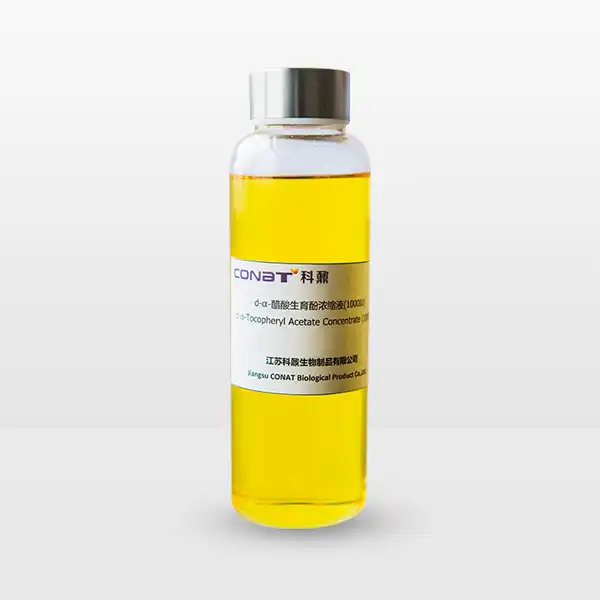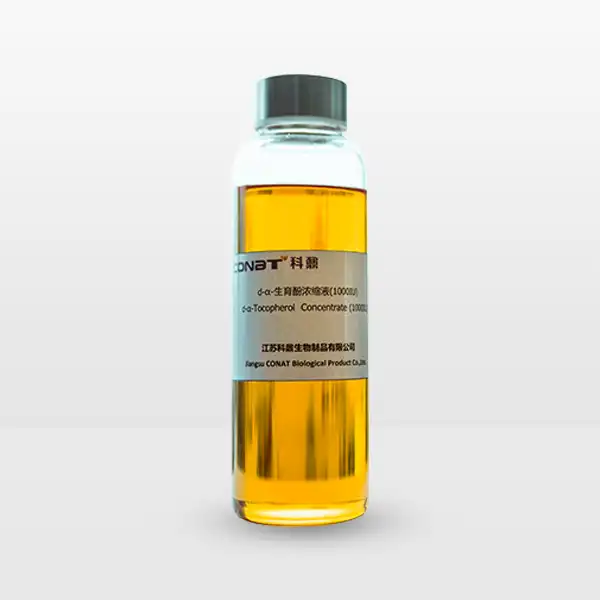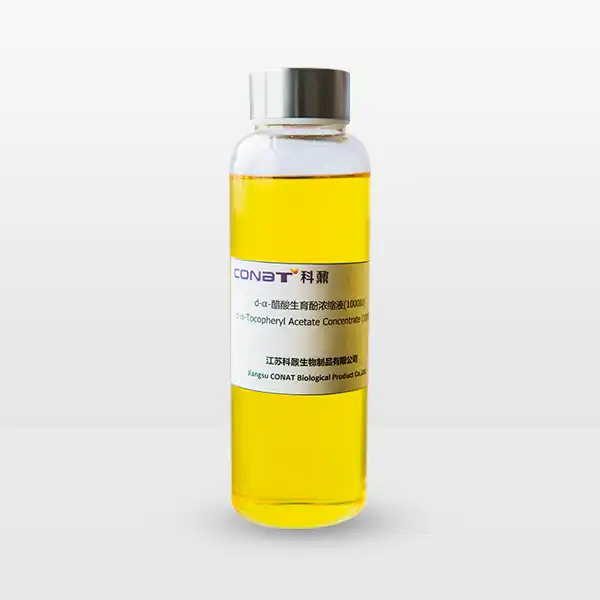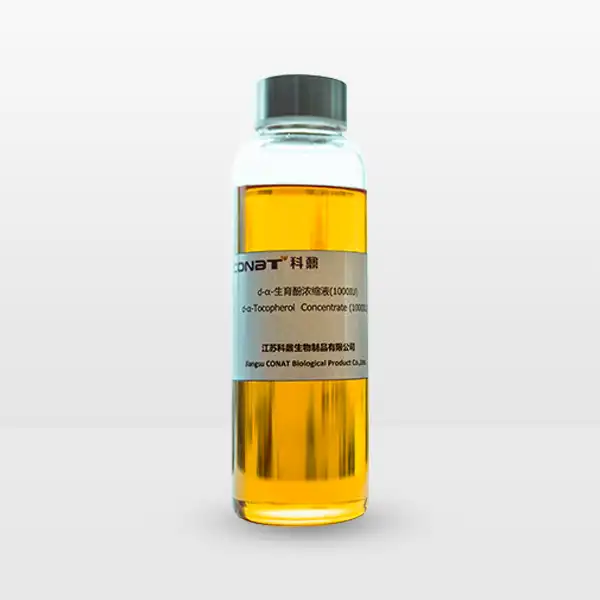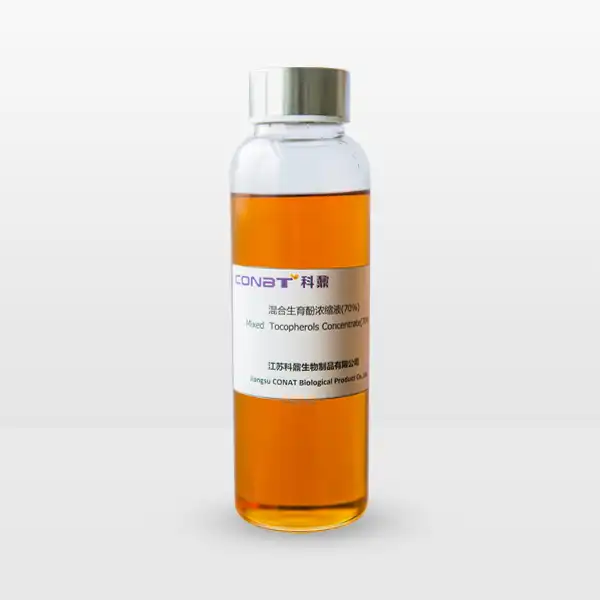- English
- French
- German
- Portuguese
- Spanish
- Russian
- Japanese
- Korean
- Arabic
- Greek
- German
- Turkish
- Italian
- Danish
- Romanian
- Indonesian
- Czech
- Afrikaans
- Swedish
- Polish
- Basque
- Catalan
- Esperanto
- Hindi
- Lao
- Albanian
- Amharic
- Armenian
- Azerbaijani
- Belarusian
- Bengali
- Bosnian
- Bulgarian
- Cebuano
- Chichewa
- Corsican
- Croatian
- Dutch
- Estonian
- Filipino
- Finnish
- Frisian
- Galician
- Georgian
- Gujarati
- Haitian
- Hausa
- Hawaiian
- Hebrew
- Hmong
- Hungarian
- Icelandic
- Igbo
- Javanese
- Kannada
- Kazakh
- Khmer
- Kurdish
- Kyrgyz
- Latin
- Latvian
- Lithuanian
- Luxembou..
- Macedonian
- Malagasy
- Malay
- Malayalam
- Maltese
- Maori
- Marathi
- Mongolian
- Burmese
- Nepali
- Norwegian
- Pashto
- Persian
- Punjabi
- Serbian
- Sesotho
- Sinhala
- Slovak
- Slovenian
- Somali
- Samoan
- Scots Gaelic
- Shona
- Sindhi
- Sundanese
- Swahili
- Tajik
- Tamil
- Telugu
- Thai
- Ukrainian
- Urdu
- Uzbek
- Vietnamese
- Welsh
- Xhosa
- Yiddish
- Yoruba
- Zulu
Can Natural Vitamin E Powder Improve Livestock Growth?
Natural Vitamin E powder has emerged as a crucial nutritional supplement in modern livestock production. As farmers and agricultural professionals seek sustainable ways to enhance animal growth and performance, this powerful antioxidant has gained significant attention. The supplementation of Natural Vitamin E powder in animal feed has shown promising results in improving growth rates, immune function, and overall health outcomes in various livestock species.
How Does Natural Vitamin E Affect Feed Conversion Ratio in Livestock?
The relationship between Natural Vitamin E supplementation and feed conversion ratio (FCR) represents a crucial aspect of livestock production efficiency. Research has consistently demonstrated that appropriate vitamin E supplementation can significantly improve how effectively animals convert feed into body mass. This process works through multiple mechanisms, primarily by enhancing nutrient absorption and utilization within the digestive system.
When animals consume feed supplemented with Natural Vitamin E Powder, their digestive efficiency typically improves due to enhanced cellular membrane integrity throughout the digestive tract. The antioxidant properties of vitamin E help protect intestinal cells from oxidative damage, allowing for better nutrient absorption. This protection extends to the microvilli, the tiny projections in the small intestine responsible for nutrient absorption, ensuring they function optimally.
Studies conducted on various livestock species have shown that animals receiving adequate vitamin E supplementation typically require less feed to achieve the same weight gain compared to those with insufficient levels. For example, research in growing pigs has demonstrated that Natural Vitamin E supplementation at levels of 100-200 IU/kg of feed can improve FCR by 3-5%. Similarly, studies in broiler chickens have shown that vitamin E supplementation can lead to FCR improvements of up to 7% when combined with optimal environmental conditions.
The economic implications of improved FCR are substantial for livestock producers. Better feed conversion means reduced feed costs per unit of animal product produced, whether that's meat, milk, or eggs. Additionally, improved FCR often correlates with reduced environmental impact, as animals producing the same output with less feed input typically have a lower carbon footprint.
What Role Does Natural Vitamin E Play in Livestock Immune System Development?
The immune system serves as the primary defense mechanism against diseases in livestock, and Natural Vitamin E Powder plays a fundamental role in its development and maintenance. This fat-soluble vitamin's immunomodulatory properties make it essential for both innate and adaptive immune responses in animals.
Natural Vitamin E enhances immune function through several pathways. It stimulates the production and activity of white blood cells, particularly T-lymphocytes and natural killer cells, which are crucial components of the immune system. These cells are responsible for identifying and eliminating pathogens that could otherwise compromise animal health and growth performance.
Research has shown that adequate vitamin E supplementation can reduce the incidence of common livestock diseases and improve vaccination responses. For instance, dairy cattle receiving appropriate vitamin E supplementation have demonstrated reduced instances of mastitis and improved colostrum quality, which directly affects calf immunity. In poultry, vitamin E supplementation has been linked to enhanced antibody production following vaccination, providing better protection against common viral diseases.
The timing of vitamin E supplementation is particularly crucial during periods of stress or immune challenge. During transportation, weaning, or environmental changes, animals experience increased oxidative stress, which can compromise immune function. Supplementation with Natural Vitamin E Powder during these critical periods helps maintain immune system integrity and reduces the likelihood of disease outbreaks.
Young animals, in particular, benefit from adequate vitamin E levels as their immune systems are still developing. Studies have shown that early supplementation can lead to more robust immune responses throughout the animal's life, potentially reducing the need for therapeutic interventions and improving overall survival rates.
How Much Natural Vitamin E Should Be Added to Animal Feed for Optimal Growth?
Determining the optimal level of Natural Vitamin E supplementation in animal feed requires careful consideration of multiple factors, including species, age, production stage, and environmental conditions. The challenge lies in providing enough vitamin E to support optimal growth without exceeding economically viable levels.
General recommendations vary by species, but research has established some baseline supplementation levels. For growing-finishing pigs, studies suggest optimal supplementation rates between 40-100 IU/kg of feed, with higher levels beneficial during stress periods or disease challenges. In broiler chickens, recommendations typically range from 50-200 IU/kg of feed, with higher levels showing particular benefits during the starter phase.
Environmental factors significantly influence vitamin E requirements. Animals raised in intensive production systems often require higher supplementation levels due to increased oxidative stress. Similarly, heat stress conditions may necessitate increased vitamin E supplementation to maintain growth performance and immune function.
The source and form of vitamin E supplementation also affect its efficacy. Natural Vitamin E Powder (d-α-tocopherol) has shown superior bioavailability compared to synthetic forms, allowing for potentially lower inclusion rates while maintaining effectiveness. This natural form is better retained in animal tissues and provides more consistent benefits in terms of growth performance and immune function.
Storage conditions and feed processing methods can impact vitamin E stability, necessitating consideration of potential losses when determining supplementation rates. Factors such as moisture content, temperature, and exposure to oxygen can degrade vitamin E, requiring higher initial inclusion rates to ensure adequate levels reach the animal.
Cost-benefit analysis plays a crucial role in determining optimal supplementation levels. While higher vitamin E levels might show marginal improvements in growth performance, the economic return must justify the additional supplement cost. Many producers find that strategic supplementation during critical periods provides the best return on investment.
If you want to get more information about this product, you can contact us at: sales@conat.cn.
References:
1. Journal of Animal Science (2023) "Impact of Natural Vitamin E on Growth Performance in Livestock"
2. Poultry Science (2023) "Vitamin E Requirements in Modern Broiler Production"
3. Veterinary Immunology and Immunopathology (2022) "Immunomodulatory Effects of Vitamin E in Farm Animals"
4. Journal of Nutrition (2023) "Optimal Vitamin E Supplementation Rates in Livestock Feed"
5. Animal Feed Science and Technology (2022) "Natural vs Synthetic Vitamin E in Animal Nutrition"
6. Livestock Science (2023) "Feed Conversion Efficiency and Vitamin E Supplementation"
7. British Journal of Nutrition (2022) "Antioxidant Properties of Natural Vitamin E in Animal Production"
8. Asian-Australasian Journal of Animal Sciences (2023) "Vitamin E Requirements Under Heat Stress Conditions"
9. Journal of Dairy Science (2022) "Impact of Vitamin E on Immune Function in Dairy Cattle"
10. Advances in Animal and Veterinary Sciences (2023) "Economic Analysis of Vitamin E Supplementation in Livestock Production"
YOU MAY LIKE
